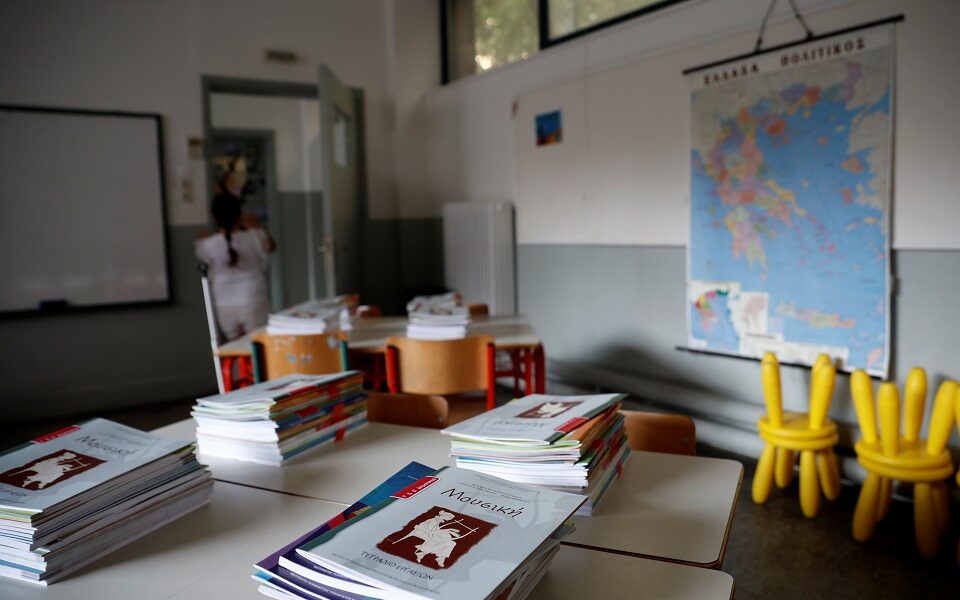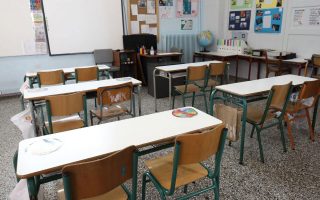It’s all about learning

“What countries border the Black Sea?” the game show host asked. Africa, New Zealand, Berlin, Portugal, Italy, Germany – the players responded with a shocking ignorance not just of basic geography, but also current affairs, as neither Ukraine nor Russia were among their answers.
Many similar general knowledge game shows yield equally shocking answers to relatively simple questions. Not to mention the cringeworthy responses of youngsters stopped on the street by TV presenters before every national holiday asking why the country is celebrating March 25 or October 28.
It’s a phenomenon that raises a number of questions about the quality of education being provided by the country’s schools and explains why young Greeks score so poorly compared to children from other developed countries in the PISA tests – and especially when it comes to reading comprehension.
Alas, it also goes a long way toward explaining why 25% of citizens believe in chemtrails, why so many people bought into the lies of self-proclaimed billionaire Artemis Sorras, and why so many half-baked conspiracy theories find such a big audience in Greece.
What this tells us is that improving educational standards should be the number one priority of every government and the subject of a very serious discussion on how the curriculum can be redesigned to provide youngsters with the knowledge they need, how classes can become more engaging, and how the knowledge being imparted can be more useful. I wonder how many teachers have shown their pupils a map and explained where the war is taking place.
It’s not just schools, of course. The environment in which a child grows up is also essential. In a recent poll by Marc for a study by diaNEOsis, one-third of respondents said they hadn’t read a single book in the past 12 months, while one in 10 said they had read more than 10 books over the past year, including books for school.
So how do we expect children to understand written text if they don’t read books? And how are children supposed to read books if the habit has not been cultivated at home?
It is a problem that should be raising alarm among all of the country’s educational authorities, prompting them to begin a campaign for promoting books and reading. Books need to become a part of people’s lives again. Our children have abandoned books yet spend all day looking at a screen. But it is a screen on which they could be reading e-books.




